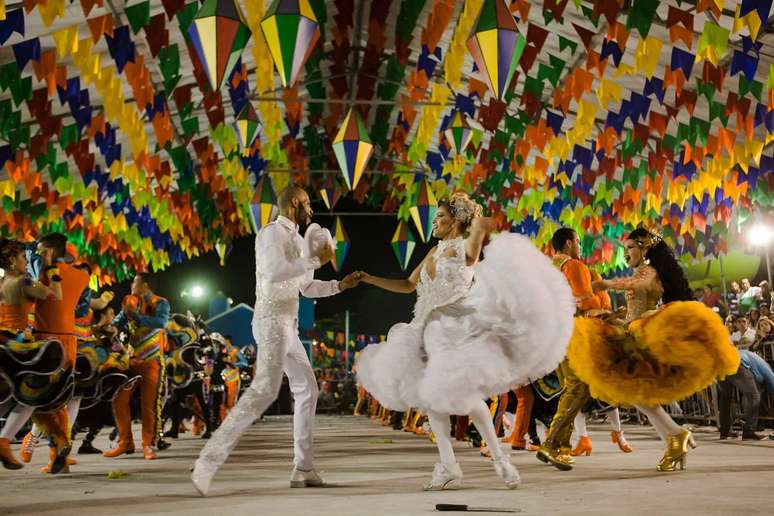Israel boycotted Gaza ceasefire negotiations in Cairo on Sunday after Hamas rejected a demand to hand over a full list of the names of living hostages in the group’s possession, an Israeli newspaper reported.
A Hamas delegation has arrived in Cairo for the talks, presented as a possible final hurdle before a deal that would end the fighting for six weeks. But until the early hours of the evening there was no sign of the Israelis.
“There is no Israeli delegation in Cairo,” Ynet, the online version of the Israeli newspaper Yedioth Ahronoth, said, citing unnamed Israeli officials. “Hamas refuses to give clear answers and therefore there is no reason to send the Israeli delegation.”
Washington has insisted that a ceasefire agreement is close and should be in place in time to stop the fighting by the start of Ramadan in a week’s time. But both sides have given few public signs of easing previous demands.
After the Hamas delegation arrived, a Palestinian official told Reuters that the deal “has not yet been concluded.” There was no official comment from the Israeli side.
A source briefed on the negotiations said on Saturday that Israel might stay away from Cairo unless Hamas first presented a full list of hostages still alive. A Palestinian source told Reuters that Hamas rejects this request.
In previous negotiations, Hamas had tried to avoid discussing the welfare of individual hostages until conditions for their release had been established.
A US official told reporters on Saturday: “The path to a ceasefire right now, literally at this hour, is simple. And there is a deal on the table. There is a framework of agreement.” Israel has accepted the framework and now it is Hamas’ turn to respond, the American official said.
A deal would lead to the first extended truce in the war, which has lasted for five months, with only a weeklong break in November. Dozens of hostages held by militants were reportedly released in exchange for hundreds of Palestinian prisoners.
Aid would be increased for Gazans, who are dying of hunger. The fighting will end in time to prevent a major planned Israeli attack on Rafah, where more than half of Gaza’s 2.3 million people are trapped against the fence on the territory’s southern border with Egypt. Israeli forces would withdraw from some areas and allow Gazans to return to their homes.
But the proposal appears to fall short of Hamas’s main demand for a definitive end to the war, as well as leaving unresolved the fate of more than half of the more than 100 remaining hostages – including Israeli men not covered by the women’s release terms. children, elderly and injured.
Egyptian mediators have suggested that these issues could be set aside for now, with a guarantee of resolving them in later stages. A Hamas source told Reuters the militants were still waiting for a “package of agreements”.
AIR ATTACK DURING THE NIGHT
On Sunday morning, in a morgue outside Rafah hospital, women cried and wailed next to rows of bodies of the Abu Anza family, 14 of whom were killed in their home in an overnight Israeli airstrike. Relatives opened a black plastic bag to kiss the face of a dead student, who was wearing a tattered sweatshirt and pink unicorn pajamas.
The bodies were later taken to a cemetery and buried, including twins, a boy and a girl.
“My heart is gone,” lamented his mother, Rania Abu Anza, who also lost her husband in the Israeli attack. “I didn’t have enough time with them.”
Authorities in Gaza said at least eight people were killed Sunday when a truck carrying food aid from a Kuwaiti charity was hit by an airstrike. There was no immediate Israeli comment.
The war erupted in October after Hamas fighters overran Israeli cities, killing 1,200 people and taking 253 hostages, according to Israel. Since then, according to Gaza health authorities, Israeli forces have killed more than 30,000 Palestinians, and it is feared that thousands more dead have not been found under the rubble of the incessant bombardment.
Large portions of the Gaza Strip have been reduced to rubble, nearly the entire population has been left homeless, and the United Nations estimates that a quarter of Gazans are starving.
Gaza residents described heavy shelling tonight in Khan Younis, the main town in the southern territory, north of Rafah. Further north, where aid is no longer arriving, Gaza health authorities said 15 children have already died of malnutrition or dehydration inside the Kamal Adwan hospital, where there is no electricity for the treatment unit intensive. The team fears for the lives of six other children there.
The United States, a close ally of Israel, dropped 38,000 meals into Gaza from military aircraft on Saturday, although aid agencies say this was enough to have a marginal impact given the scale of the need.
The final days leading up to the long-awaited truce have been exceptionally bloody, with negotiations overshadowed last week by the deaths of 118 people near a convoy trying to deliver food to the population.
((Translation Redação São Paulo, 55 11 56447753))
REUTERSAAJ
Source: Terra
Rose James is a Gossipify movie and series reviewer known for her in-depth analysis and unique perspective on the latest releases. With a background in film studies, she provides engaging and informative reviews, and keeps readers up to date with industry trends and emerging talents.






